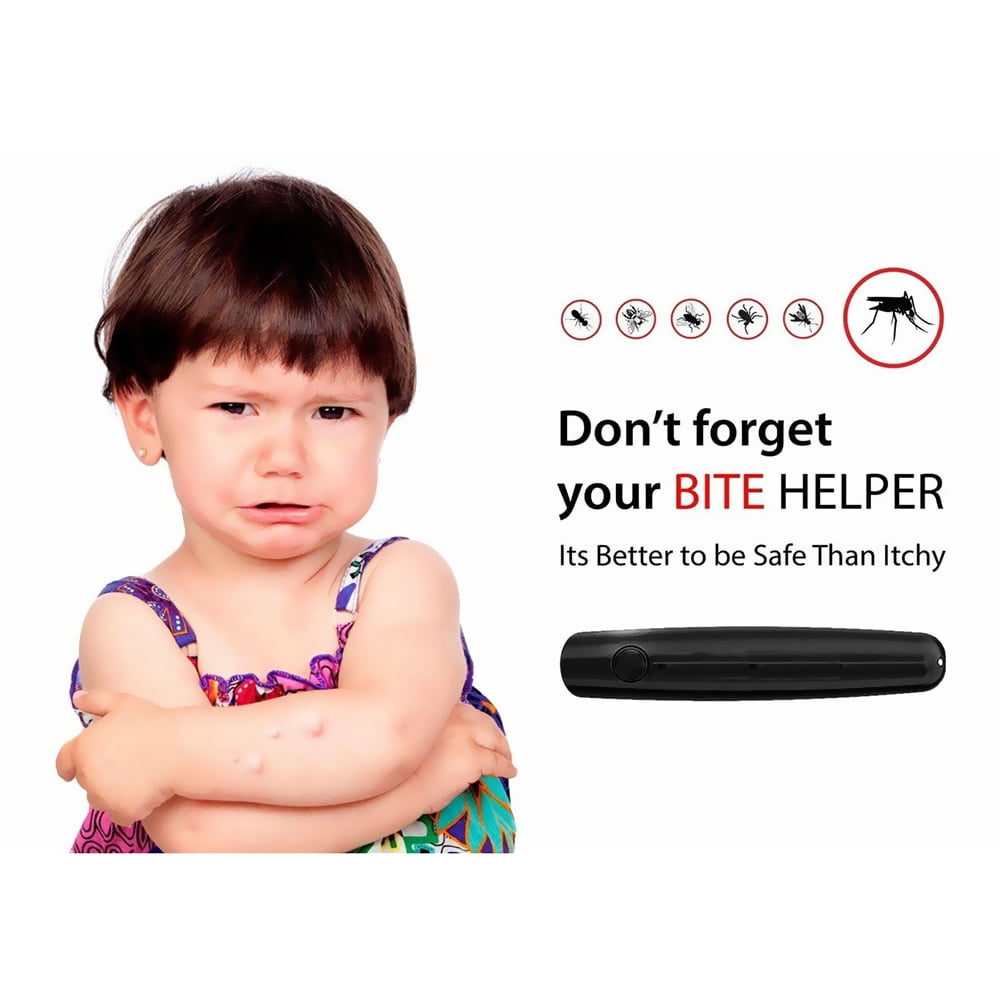
The liver is also important for filtering blood in the body. If you have kidney disease, the best way to reduce itching is by sticking to your treatment plan with dialysis and any medications.
#BUG BITES THAT ITCH IN EVENING SKIN#
Itchy skin without a rash is common in people with kidney disease, especially if it’s left untreated. The kidneys work as filters for your blood, removing waste and water to produce urine. For most people, taking antihistamines along with treatment for their thyroid issues can help relieve itching. Often, thyroid disorders are linked to the autoimmune condition Graves’ disease. This is because the body’s cells, including those that make up the skin, stop working properly and dry out.

Having a thyroid disorder may cause itching without any rash. It releases hormones that regulate your growth and metabolism. The thyroid is an important type of organ called a gland. Medications with a risk of itchy skin include: This can happen when a medication is prescribed or used incorrectly. Many other medications may cause itchiness by damaging organs and body systems. There are several medications that may help with this, including nalbuphine and nalfurafine hydrochloride. Itchy skin is a common side effect of taking prescription opioids for pain relief. Stopping use of a medication that causes itchiness can quickly resolve the issue in most people. This may be from an allergic reaction to the medicine or from underlying liver disease. Itchy skin can be a side effect of some blood pressure medications, such as amlodipine (Norvasc). If you’re taking niacin, itchy skin without a rash is a side effect that can be eased by taking aspirin beforehand.

If you take a statin and you’re experiencing this symptom, talk with your doctor about changing your dose or trying a new medication. Statins may cause liver damage in some people, resulting in organ stress that leads to an itching sensation on the skin. Statins and some other cholesterol-lowering medications, such as niacin, may result in all-over skin itchiness, including on the face and throat. The following are some medications that can result in itchiness without rash. Treatment of itchiness usually includes stopping use of the drug and replacing it with something else, or trying a lower dose. Many types of medication can cause itchiness without a rash on some or all parts of the body. However, if you have any serious symptoms, you should see a doctor or visit an emergency room. The American Academy of Dermatology recommends using an ice pack or hydrocortisone cream for the itch, or taking an oral antihistamine. Most of the time, bug bites are nothing to worry about. Here are some insects whose bite may cause you to itch: You may have to perform a full-body scan to find a tick after being in a tick-infested area. A tick bite, for example, may be quite small.
#BUG BITES THAT ITCH IN EVENING PATCH#
You may know you have a bug bite from the itch and a visible red patch or bump. It can also be brought on by certain skin conditions, such as eczema. Also, avoid using strong soaps or cleansers that can dry your skin further.Ĭauses of more severe cases of dry skin can be genetic or caused by an underlying disease and must be treated by a dermatologist.ĭry skin is more common as you age. In these cases, itchy skin can be treated and prevented with regular use of a moisturizer and a humidifier during drier times of the year. It’s also sometimes caused by activities that can decrease moisture in the skin, such as bathing in hot water. It can result from environmental conditions, such as low humidity and hot or cold weather.

Here are some possible causes of itchy skin without a rash.ĭry skin is a common cause of itchy skin without a rash.


 0 kommentar(er)
0 kommentar(er)
